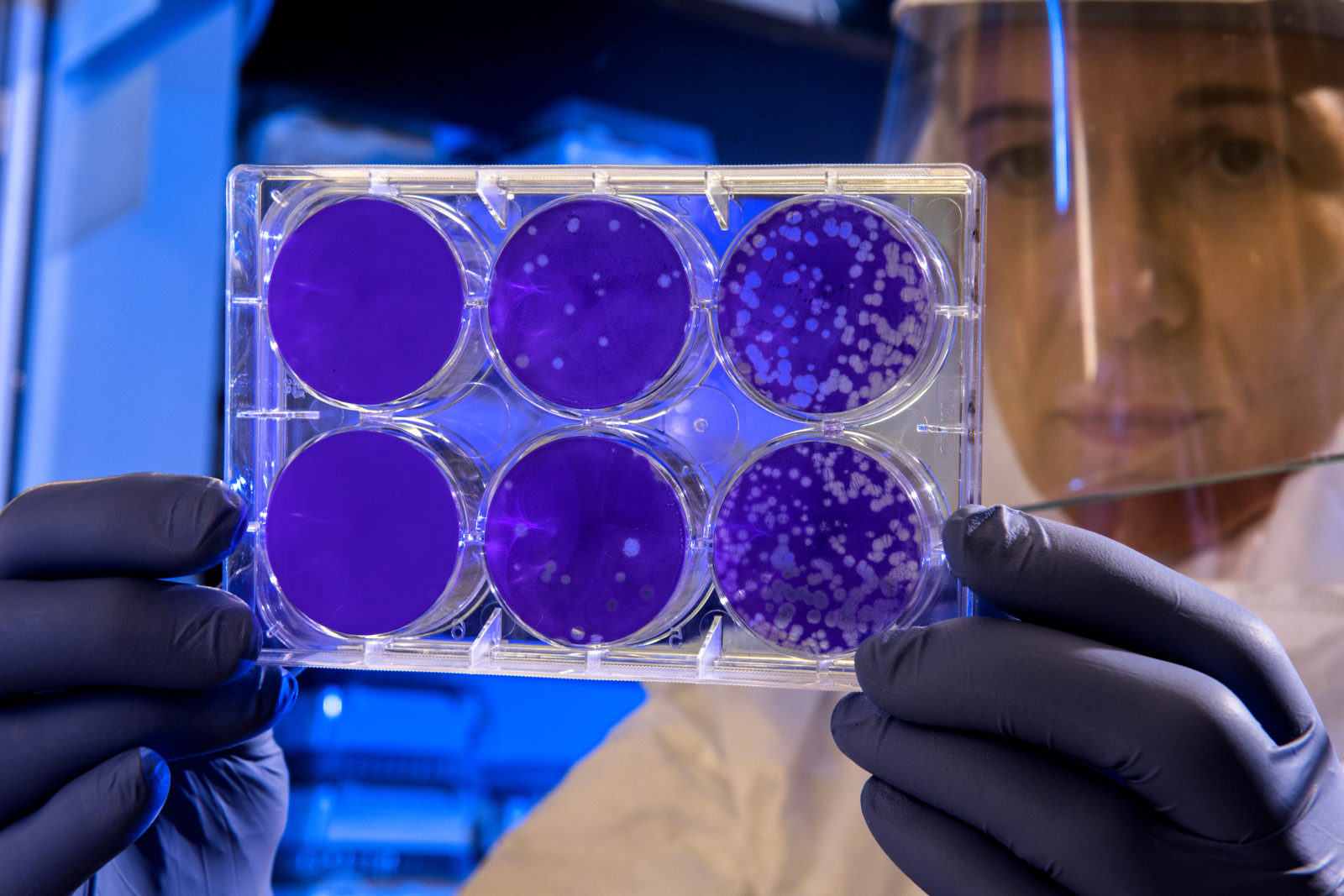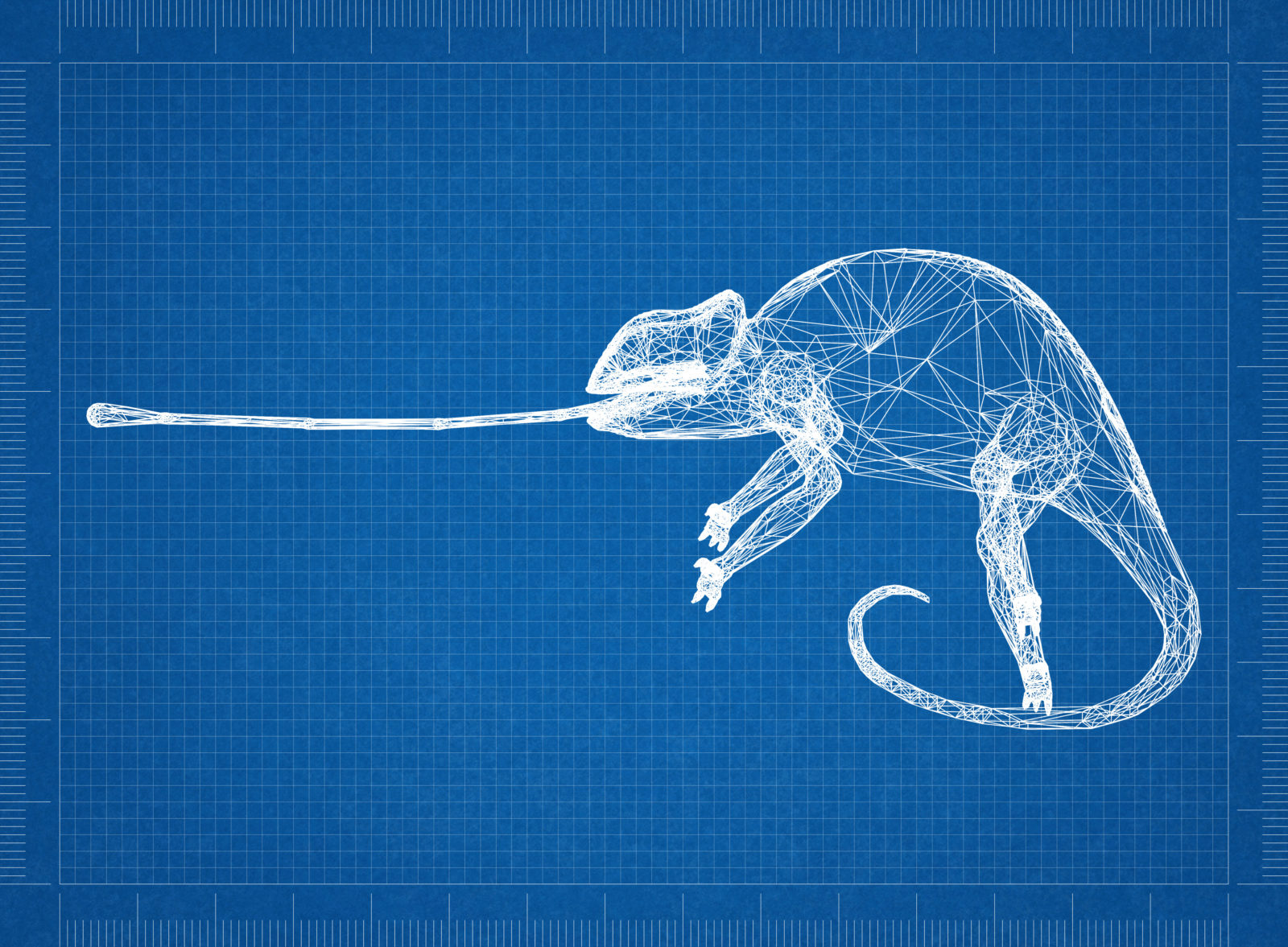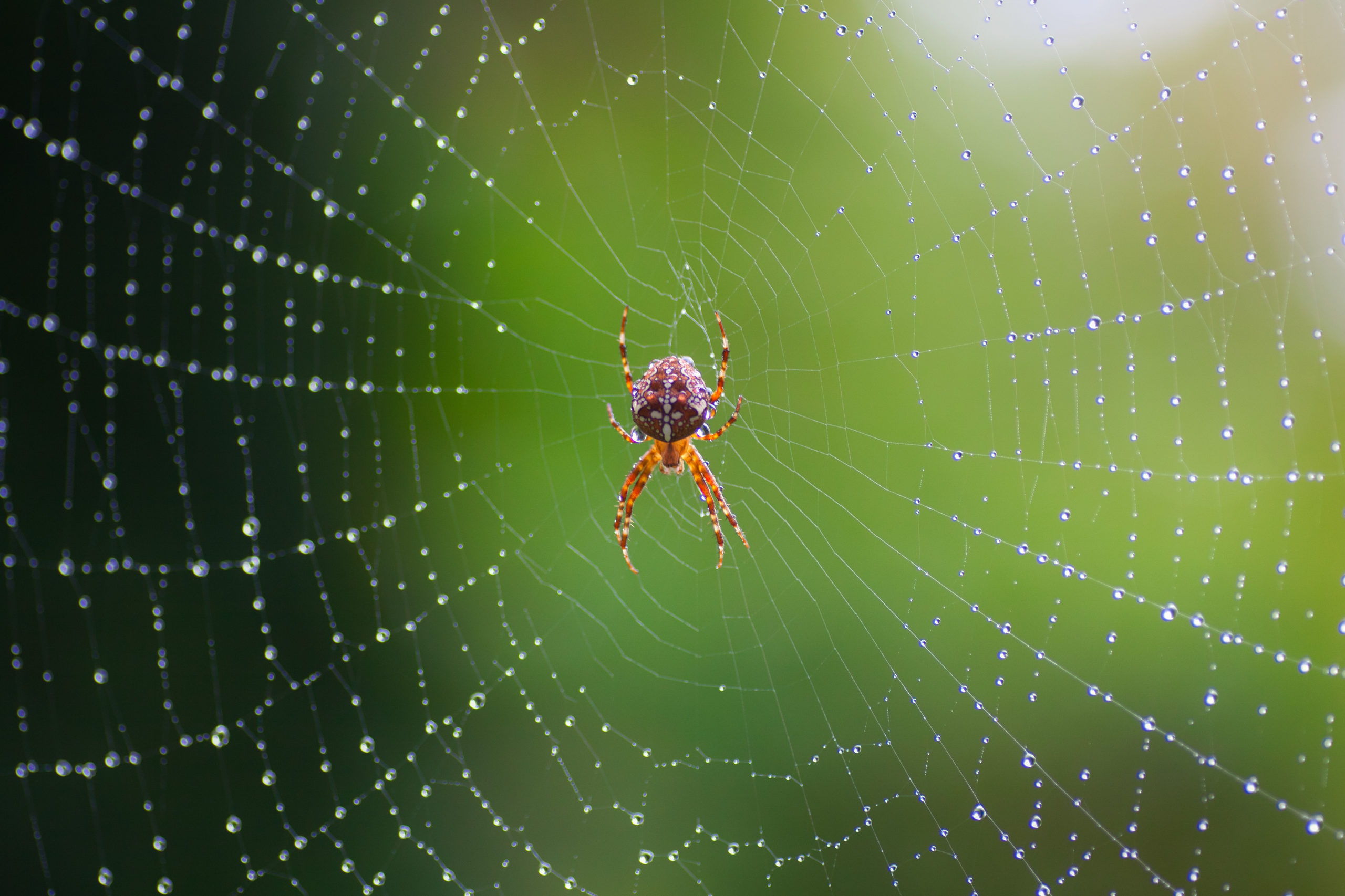
Science, E. coli, and the Edge of Evolution
Dear Readers, As I wrote in The Edge of Evolution, Darwinism is a multifaceted theory, and to properly evaluate the theory one has to be very careful not to confuse its different aspects. Unfortunately, stories in the news and on the internet regularly confuse the facets of Darwinism, ignore distinctions made in The Edge of Evolution, or misstate the arguments of intelligent Read More ›








